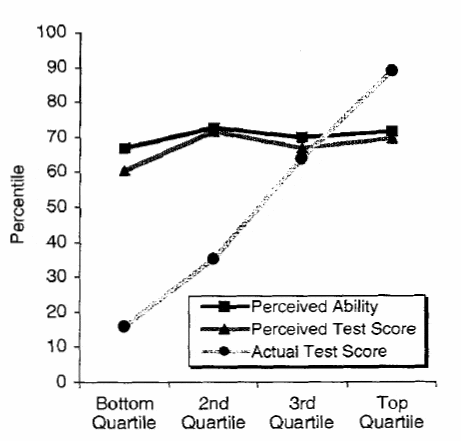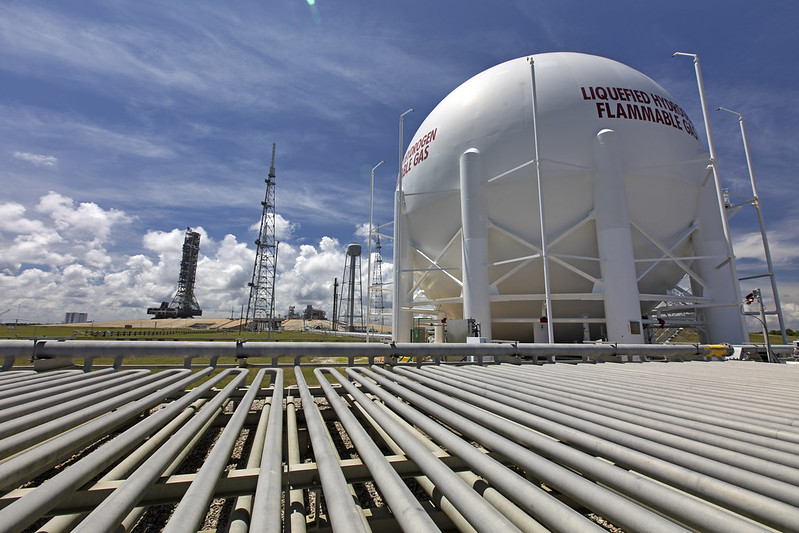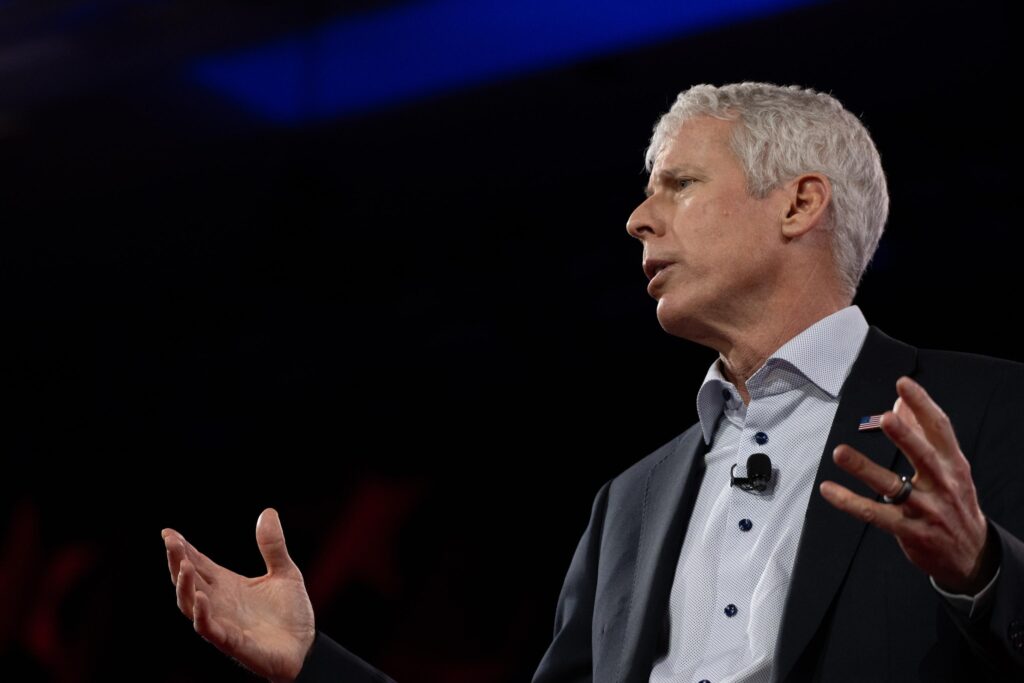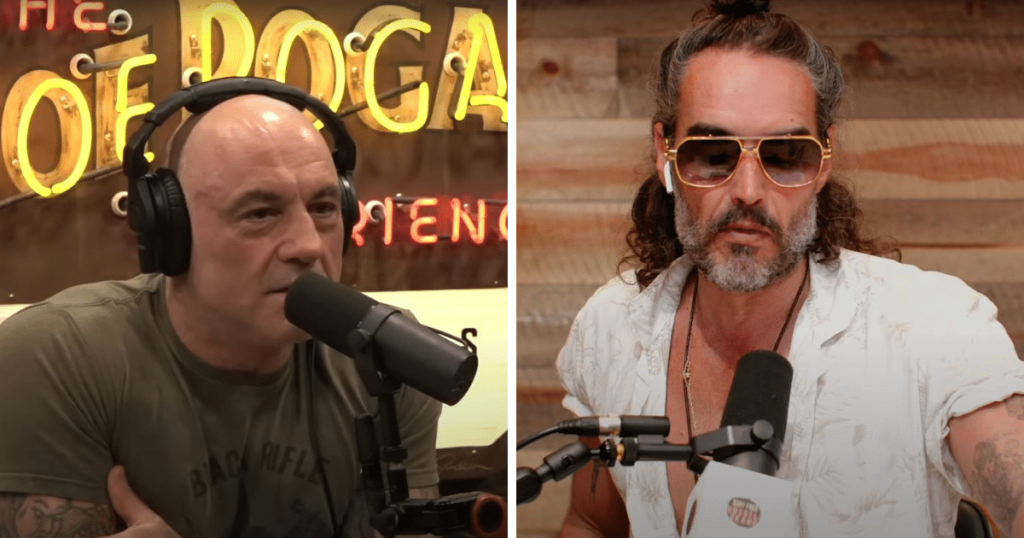As regular readers of this blog know, I have spent a lot of time discussing what we call the “smart idiot” effect: Political conservatives who know more about science—or, have a higher level of education—tend to be more in denial of science or facts in contested areas, like global warming, than are less knowledgeable conservatives.
Any way you look at it, this is a puzzling phenomenon. For after all, we also know that leading climate scientists—e.g., those who have the most knowledge, the most expertise—clearly accept the science, and are deeply worried about it. A 2010 study in the Proceedings of the National Academy of Sciences (PNAS), for instance, examined the scientific publication records of climate researchers and compared these with their views on global warming. It turned out that the scientists publishing most in the literature were overwhelmingly accepting of the idea that human beings cause global warming.
What this suggests is there is a level of scientific training and expertise beyond which the smart idiot effect largely vanishes. In fact, while there are assuredly some climate skeptics remaining within the scientific community, the PNAS study found that on average, their “relative climate expertise and scientific prominence” tended to be “substantially below that of the convinced researchers.”
What this implies to me is that the conservatives who become worse science deniers with a little knowledge or education may be evidence of an odd effect that, in the psychology literature, goes by the name of Dunning-Kruger (after the researchers who famously discovered it). In other words, they may be over-confident in their abilities, but simultaneously, unaware of it. (A little knowledge truly can be a dangerous thing.)
In a famous 1999 study, Justin Kruger and David Dunning of Cornell University captured this effect by studying student performance in grammar, logic, and humor. In each case, they found that those who fared the worst in these areas relative to their peers “grossly overestimated” their performance (relative to those same peers). “Not only do these people reach erroneous conclusions and make unfortunate choices,” wrote Kruger and Dunning, “but their incompetence robs them of the metacognitive ability to realize it.” By contrast, those who tended to perform best at logic, grammar, and humor tended to underrate their abilities—they were less sure of themselves than they should have been!
Here’s a figure from the famous Dunning-Kruger study, when it came to a grammar test:
Why might Dunning-Kruger be relevant to the right wing denial of scientific reality? First, and as I document in The Republican Brain, we have a situation today in which advanced degrees are strongly skewed towards the political left—as are academia and science in general–even as anti-science views are skewed to the political right. And more specifically, we have a situation in which the leading climate scientists are convinced that humans are causing global warming, but scientifically literate and politically engaged conservatives are highly skeptical. There is no political Dunning-Kruger study that I’m aware of, but perhaps there ought to be.
And it’s not just global warming where this appears relevant. For instance, a majority of Republicans today are creationists—and I’m willing to bet many think they have great arguments against the theory of evolution.
Finally, I’ve recently seen Dunning-Kruger-type behavior from conservatives in an area I know a lot about, because I just wrote a book on it—the science of ideology. Conservatives like Jonah Goldberg of National Review and Andrew Ferguson of the Weekly Standard have launched broad attacks against this entire field of research, and seem perfectly happy dismiss its validity, even though those of immersed in the subject know that they did not really even hit the target.
So are we seeing a Dunning-Kruger effect when it comes to conservative science denial? There’s a very important complicating factor here: Conservatives may be more sure of themselves in general, and liberals more self-doubting in general. Certainly, a lot of the research on ideology suggests that conservative ideologies (in both politics and religion) more appeal to those who crave certainty, and are less tolerant of ambiguity, nuance, and doubt.
But hey, untangling these sorts of things is what science is for. So I repeat, someone ought to design some (competent) research here. You would expect conservatives to bash such a study and dismiss it, of course–but then, that’s the beauty of it. If the hypothesis turns out to be supported by the evidence, they’d only be proving its point!
Subscribe to our newsletter
Stay up to date with DeSmog news and alerts








